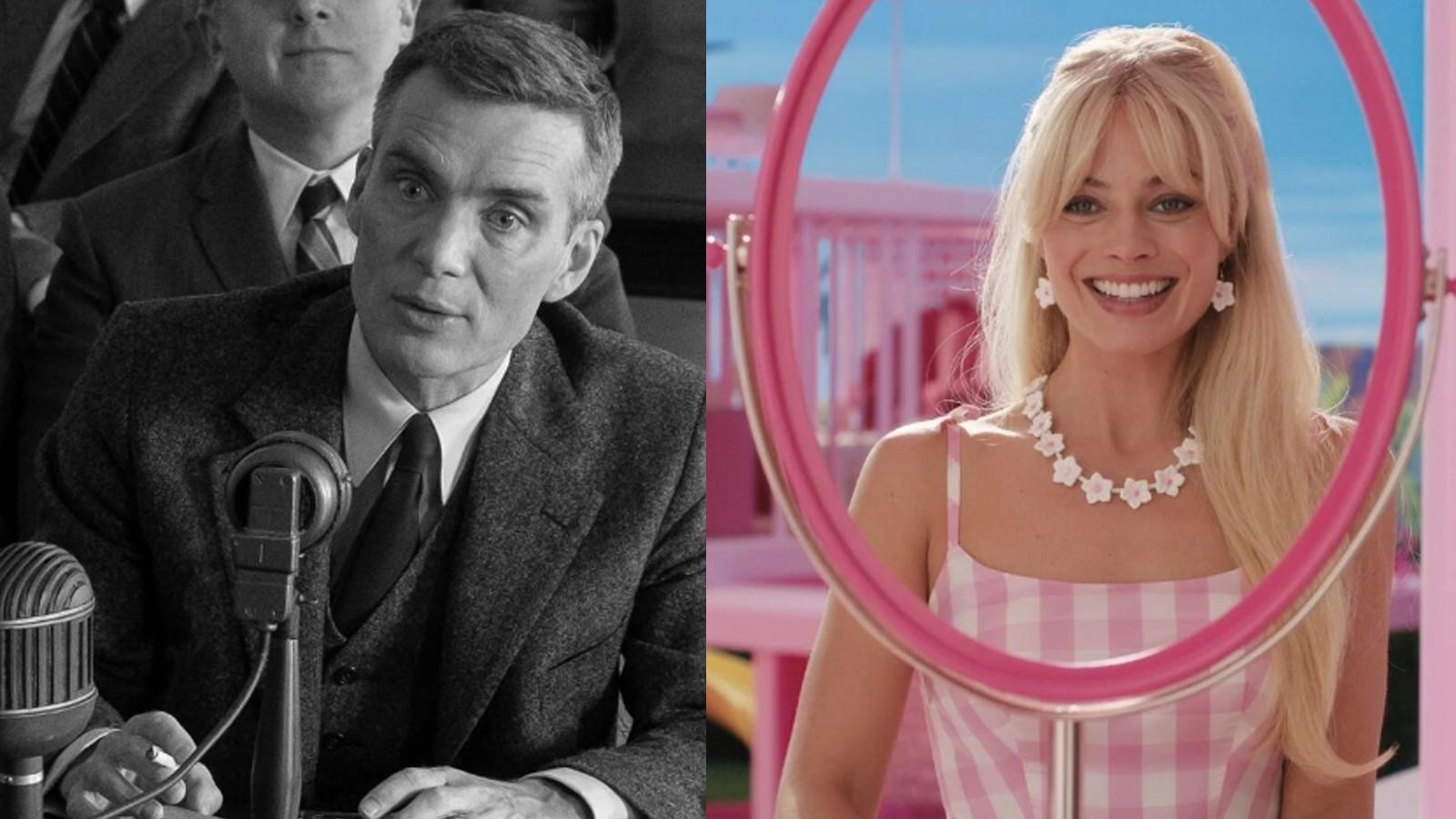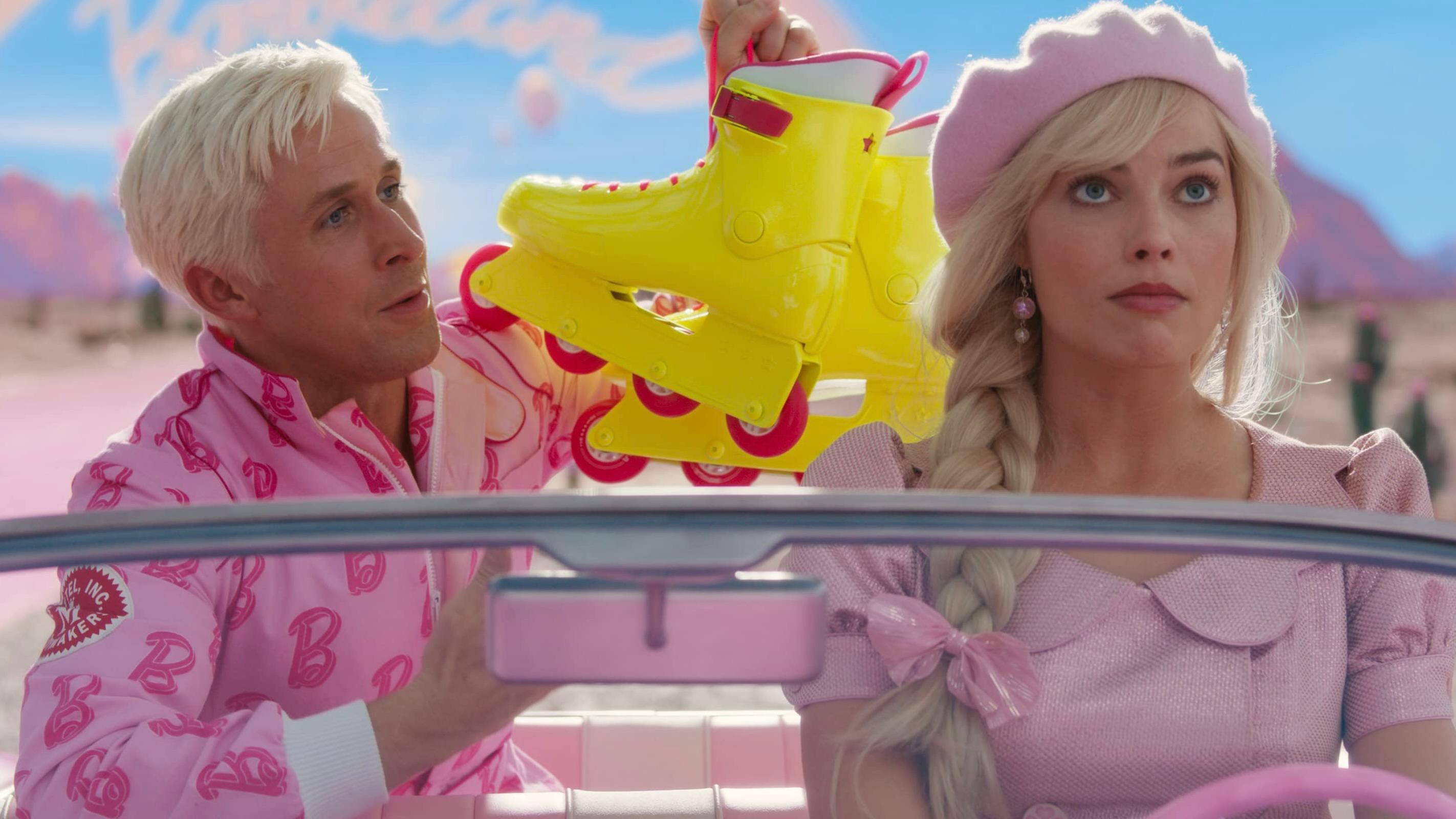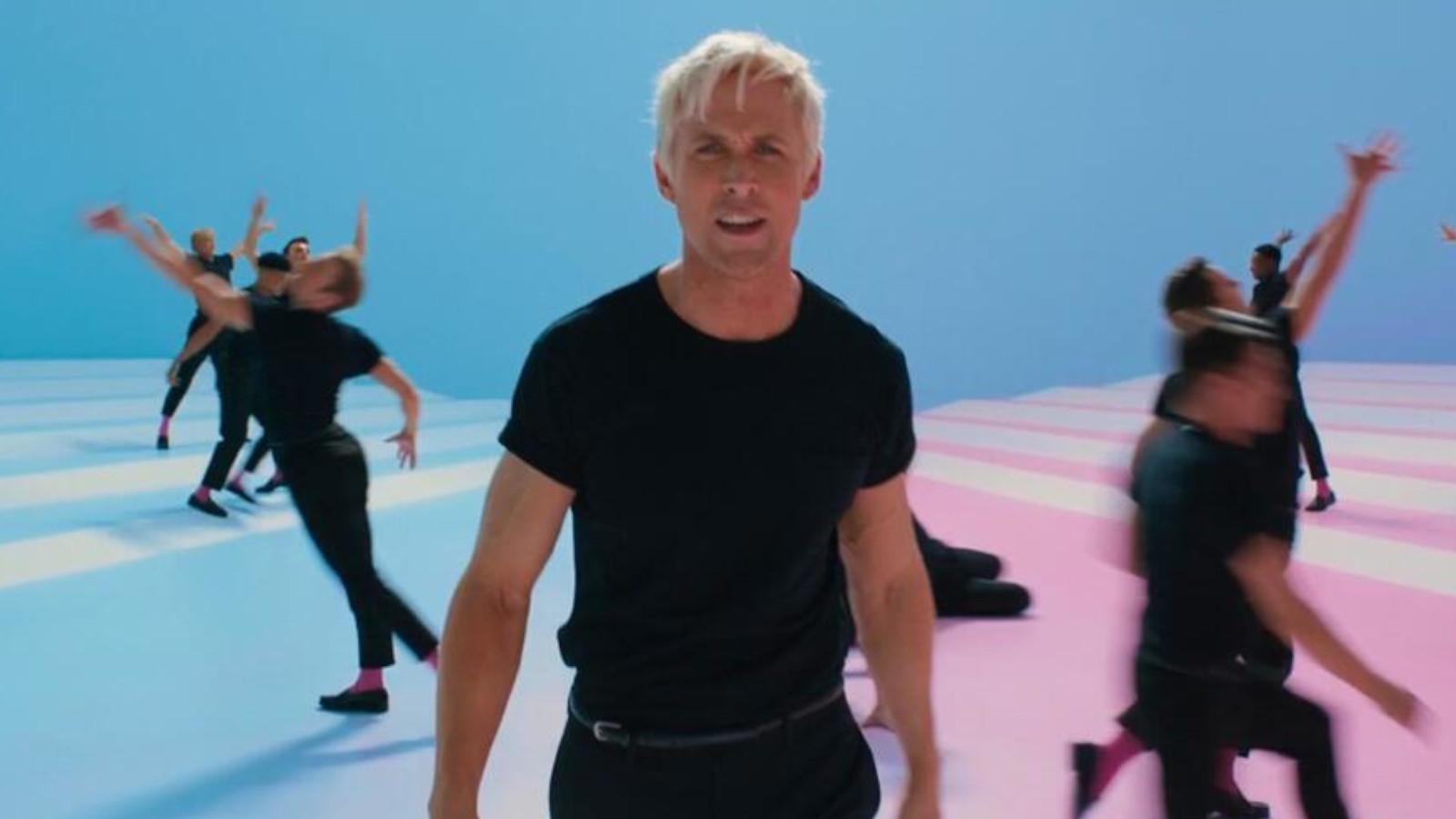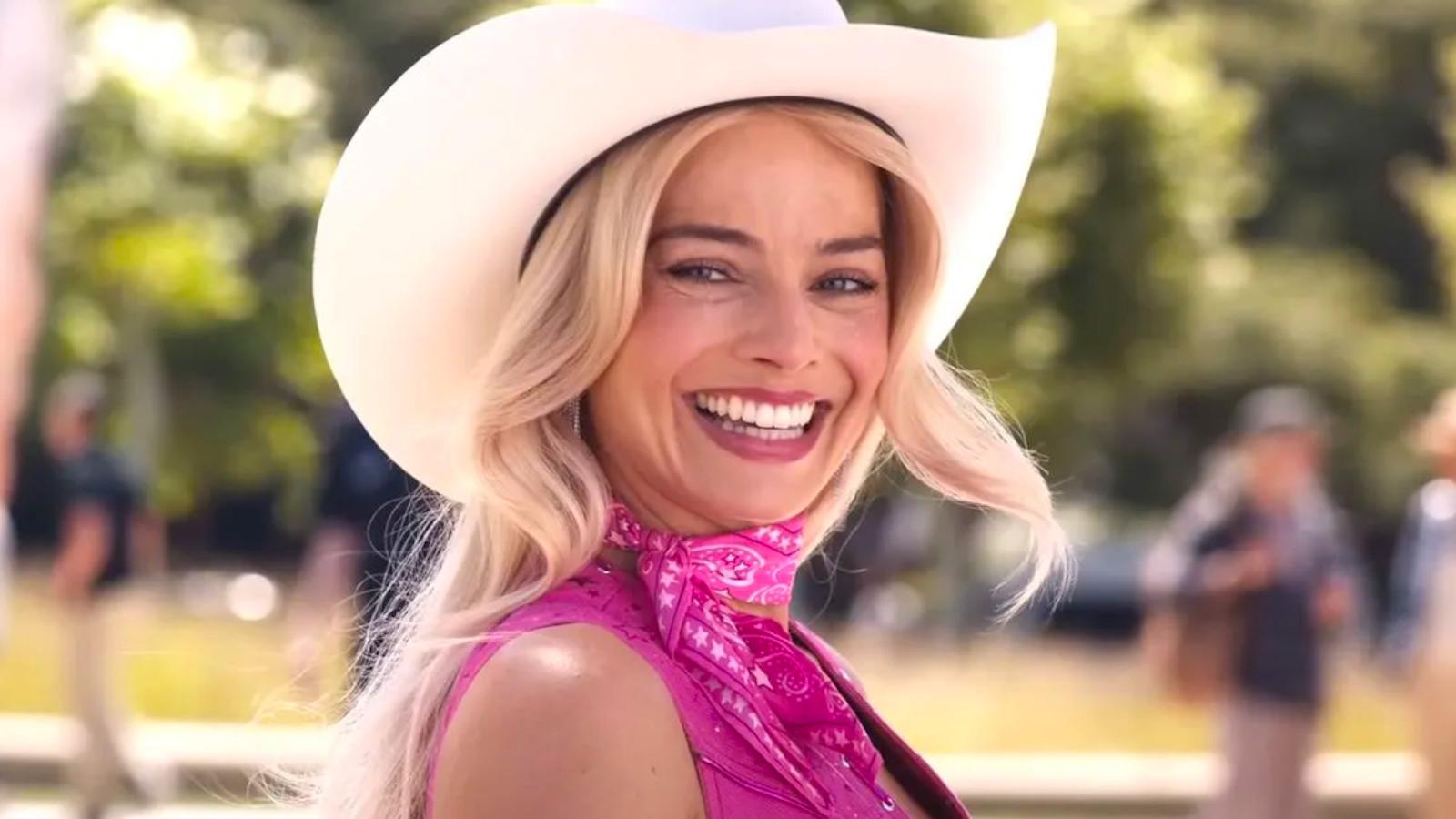Don’t let Barbie’s Oscars snub get in the way of Lily Gladstone’s feat
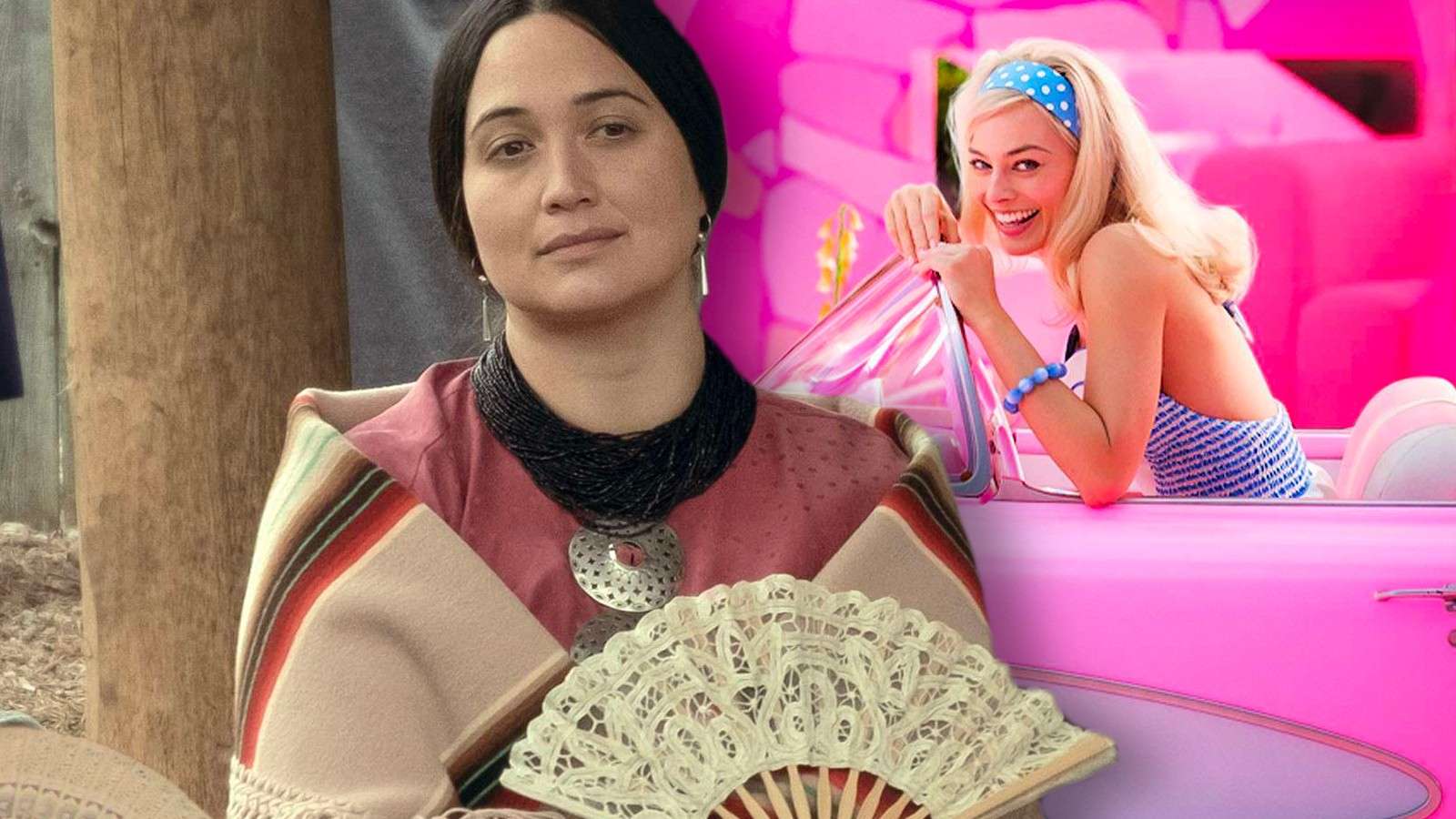 Paramount Pictures/Warner Bros.
Paramount Pictures/Warner Bros.Following the 2024 Oscar nominations, a key talking point has been Barbie’s snub – and while it’s a worthy discussion, let’s not let it overshadow Lily Gladstone’s feat.
Every year, beneath the glitzy curtain of Hollywood’s awards season are stirrings of controversy surrounding issues indicative of the TV and movie industry as a whole. Of the more innocuous rumblings, bands of film lovers express their disdain that their favorite title or actor wasn’t nominated for a prestigious accolade.
But the Oscars has been called out a number of times in the past for far more significant matters, revealing systemic problems of inequality, representation, and resistance to change. Amid the announcement of the 2024 Academy Award nominees, the loudest response has been to Barbie – specifically, Margot Robbie and Greta Gerwig’s almighty snub.
For fans of the pink-coated crowd-pleaser, the irony is too much to bear – but as we engage in these conversations, it is crucial not to let the discourse overshadow Lily Gladstone’s Oscars achievement, which represents a major step in the right direction.
Lily Gladstone says historic Oscar nomination is “just the beginning”
Lily Gladstone earned deserved critical acclaim for her impeccable portrayal of Mollie Kyle in Martin Scorsese’s crime drama Killers of the Flower Moon. As well as becoming the first Native American to win the Golden Globe Award for Best Actress in a Motion Picture – Drama, she’s also the first to earn an Academy Award nomination for Best Actress.
It’s a major step in the right direction, and while Gladstone’s achievement should be celebrated, it also highlights how there’s much work to be done when it comes to Indigenous representation on screen.
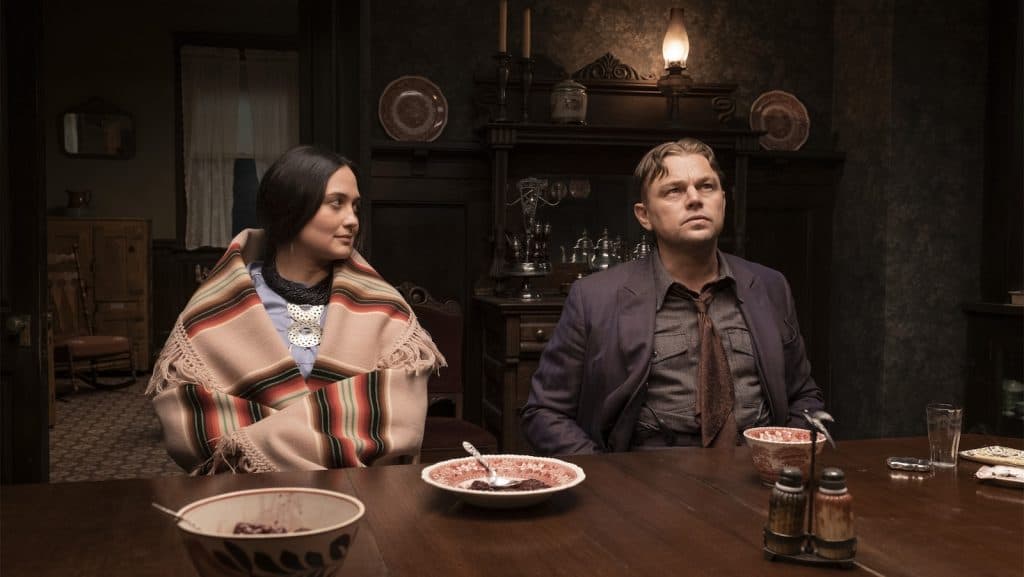 Paramount Pictures
Paramount PicturesIn a recent report titled ‘The Lily Gladstone Effect’, USC’s Annenberg Inclusion Initiative found that out of the 1,600 top-grossing films from 2007-2022, less than 0.25% of the speaking characters were Native American. Within those films, only 15 Native actors worked more than once. “The results are abysmal and reinforce the erasure and discrimination against Native Americans in storytelling,” said the report.
Speaking to the PA news agency following the announcement of her Oscar nomination, Gladstone said: “It’s about time, and I know I might be the first for native North America, but [I] certainly won’t be the last.
“I know that that reverberation is shared by other indigenous kids, by elders. I think about our elders that grew up in a time watching movies where they didn’t see themselves, they grew up watching all of these incredible, iconic actresses in the golden age of cinema (with) no representation for themselves.”
She added: “It is truly circumstantial that it’s me, and I know that’s just the beginning of a lot to come.”
OscarsSoWhite and the Academy’s struggle with diversity
The Oscars can be seen as a microcosm of the wider film industry’s attitudes and perspectives; certain voices have historically been underrepresented on screen, an issue that’s prevalent in the Academy. Back in 2012, the LA Times uncovered a startling truth: nearly 94% of Oscar voters were white, 77% were male, and they had a median age of 62.
Similarly, a separate Annenberg Inclusion Initiative study of 800 popular films between 2007 and 2015 found that nearly 74% of actors were white. 2015 is also the year that the lack of representation of POC in the Oscars reached boiling point – all 20 acting nominations for the year’s upcoming Academy Awards were given to white actors, leading to the hashtag #OscarsSoWhite going viral.
But in 2016, a similar situation occurred and the hashtag was revived, with critics saying history would continue to repeat itself as long as the voting pool was predominantly white and male. This time, the Academy shared a statement in which it promised “to commit to doubling the number of women and diverse members of the Academy by 2020.”
However, according to Statista, in 2022, approximately 81% of the voting members of the Academy of Motion Picture Arts and Sciences identified as white, while 67% were men, showing there is still a significant imbalance in who decides which titles make the cut – especially when it comes to Latino, Native, Black, and Asian voices.
Barbie backlash shouldn’t overshadow Gladstone’s feat
The public backlash against the Barbie nominations certainly underscores a recurring issue in the Oscars’ history – the disconnect between the Academy’s recognition and the diversity of art and creation.
Greta Gerwig’s reinterpretation of the iconic Barbie doll deserves commendation for transcending its plastic origins and delving into the societal expectations placed on people, particularly women. However, the notable absence of Gerwig and Robbie in the Best Director and Best Actress categories has ignited a fervent debate. While Ryan Gosling’s nomination for Best Supporting Actor as Ken is noteworthy, it begs the question: did the Academy truly grasp the film’s profound commentary?
This question is valid and well worth asking, but we’re also asking you not to allow this misstep to overshadow Gladstone’s feat – and the fact that the Killers of the Flower Moon star’s nomination is just the first step on the long yet worthy road ahead.
This turning point addresses the longstanding neglect of Native American talent. Hollywood has frequently faltered in providing authentic portrayals and opportunities for Native American actors, as well as all POC who have historically been marginalized in film. We’re at the start of a seismic shift, challenging the industry to embrace diverse narratives and contribute to a richer cinematic landscape that reflects the diversity of society. And Gladstone’s nomination is a crucial step in the right direction.
